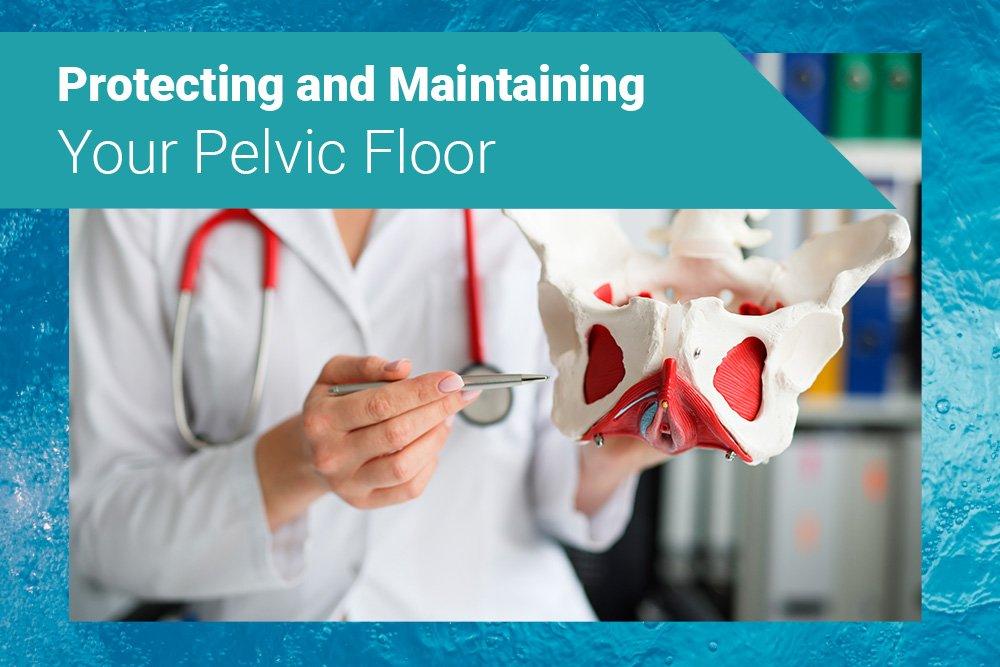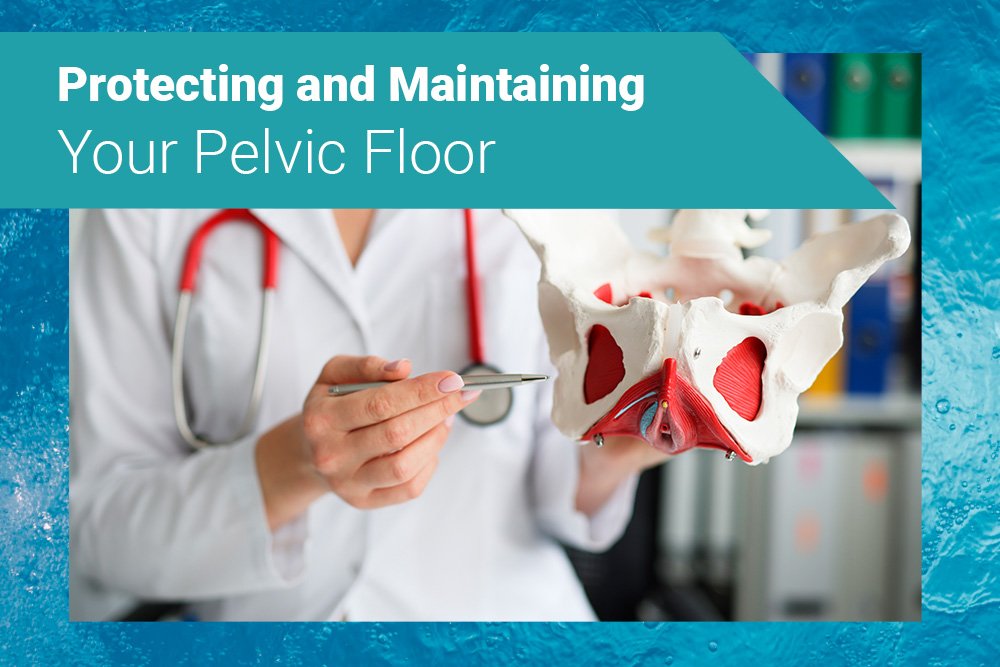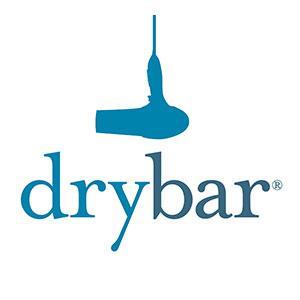
t
The pelvic floor is made up of an incredibly important muscle group. This often overlooked area of the body requires regular upkeep through exercise to function properly and stay strong.
In women, the pelvic floor supports the uterus, bladder, and bowels. Keeping this internal muscle group fit and healthy can significantly improve your day-to-day life, continence control, and sexual function.
Although many women know that Kegel exercises can help support pelvic floor muscle health, many wonder if other options are available. The answer is yes! Apart from regular exercise, certain therapeutic treatments at Be Still Float can help to strengthen your pelvic floor muscles dramatically. Below, we’ll go over why the vitality of your pelvic floor matters, how to protect these essential muscles, and more!
Why Your Pelvic Floor Matters
t
First, let’s go over why maintaining your pelvic floor is so important. If you are a woman, your pelvic floor muscles are an integral part of your physiology, and these internal muscles support your uterus, bladder, and bowels. Therefore, having a healthy pelvic floor can prevent an array of issues including urinary incontinence and bowel prolapse. Understanding the role of your pelvic floor muscles and why caring for them is so important is the first step to take toward better health.
A Bit About Your Pelvic Floor
• Your pelvic floor supports your bladder, bowels, and uterus.
• A healthy pelvic floor will protect your organs and body in many ways.
• Your abdominal and pelvic floor muscles work together to help you move.
• Strong pelvic floor muscles prevent embarrassing problems such as incontinence.
• Maintaining your pelvic floor can enhance sexual enjoyment and function.
• Certain exercises and even some therapeutic treatments exist to help you improve your pelvic floor health.
How the Pelvic Floor Gets Damaged
Things like injuries, weight gain, aging, chronic constipation, and childbirth can noticeably weaken your pelvic floor muscles. This may lead to an array of issues, many of which are related to sexual function and bladder/bowel control. Making sure your pelvic floor muscles have both the strength and agility needed to work well for you will become increasingly important as life continues.
If your pelvic floor muscles aren’t functioning optimally, chances are it isn’t your fault. The pelvic floor can easily be strained by circumstances that are out of your control. Childbirth is one example of something that can seriously weaken your pelvic floor muscles. In fact, supporting the weight of your uterus during pregnancy can strain and even tear your pelvic floor muscles, leaving you with all sorts of issues.
Being obese can also lead to pelvic floor problems, as can constipation, heavy lifting, and endometriosis. So, if you have a weakened pelvic floor, don’t be too hard on yourself. Instead, take heart, knowing that there are many things you can do to repair and strengthen your pelvic floor!
Symptoms of Pelvic Floor Muscle Dysfunction May Include:
• Urine leaking when you cough, sneeze, laugh, jump, or run
• Having a hard time reaching the toilet when you “have to go”
• Reduced vaginal sensation and decreased sexual pleasure
• A sensation of heaviness in the lower abdomen or vagina
• Recurrent UTIs or thrush
• Pain during sex or the inability to climax
• Uncomfortable menstruation
Ways to Protect Your Pelvic Floor
t

















